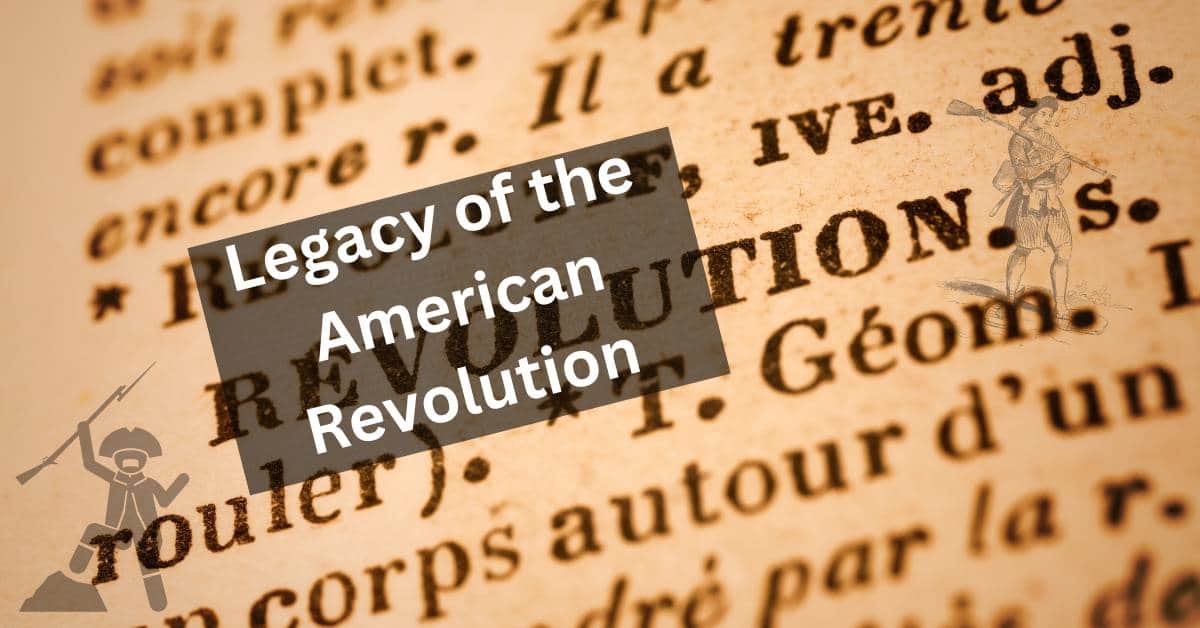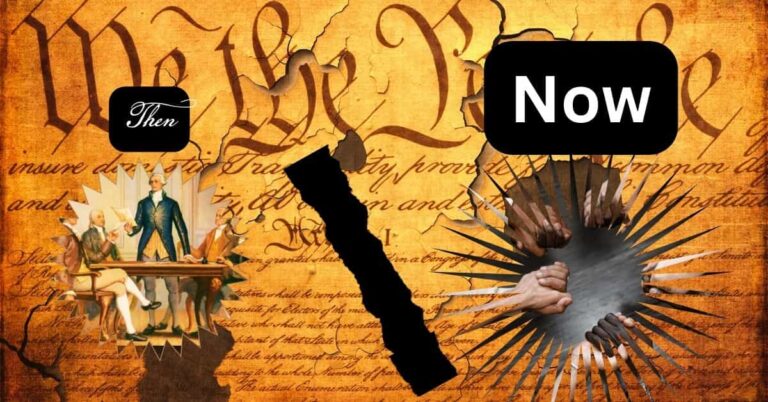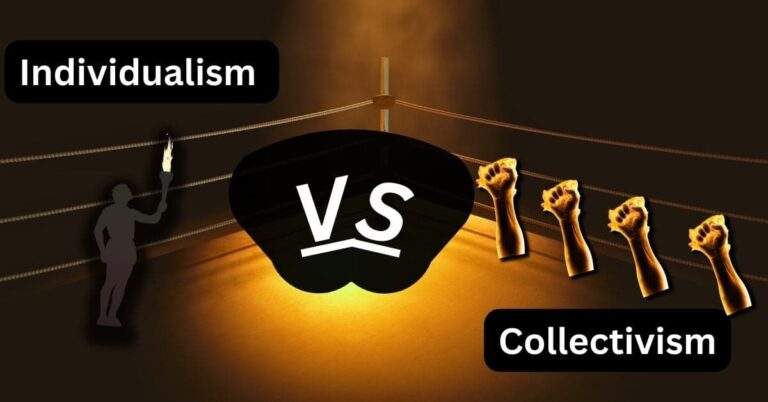When you see the fireworks light up the sky on July 4th, what do you think of?
You remember loud bangs of beautiful colors, hot dogs, and oh yeah, that minor idea of freedom. What you don’t realize is that you’re celebrating the legacy of the 1776 American Revolution. If you shoot off one firework on that day, you’re honoring this legacy.
By understanding the main themes of the Revolutionary War, you’ll know more United States’:
- Customs
- Traditions
- Engrained ideologies
The American Revolution influenced American and European histories.
Let’s go on an adventure and explore the legacies of 1776.
1. Gained Independence from Great Britain
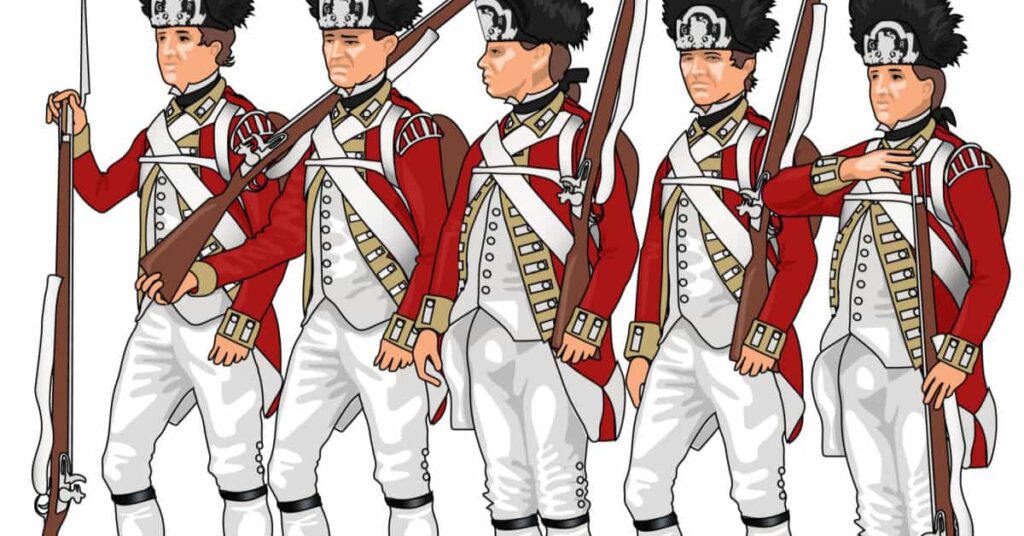
This is the most obvious legacy. Americans wanted “freedom” from British tyranny.
Although many British loyalists wanted to stay attached to the Crown, Patriots said no.
We only hear the main stories of the American Revolution. Yes, George Washington crossed the Delaware River to attack the British during the Christmas of 1776. British troops retreated while the Americans gained a boost in morale.
However, the center of the independence movement started in Boston.
The Sons of Liberty-a revolutionary group- and Loyalists clashed. Each wanted to control Boston’s streets. The showdown between the two parties meant inevitable independence.
If you visit Boston today, you must walk the “Freedom Trail”. This trail guides you to different historical spots along the road to independence.
Ultimately, the legacy of American independence is alive today.
Since the British surrender at Yorktown, Great Britain and America are close allies. You won’t see random redcoats terrorizing citizens anymore.
We continue to have independent governments. England and many other satellite countries have constitutional monarchies. These countries include:
- Australia
- Canada
- New Zealand.
Did the Founding Fathers create a strong or weak government after gaining freedom? LEARN MORE by immersing yourself in my article about the government strengths and weaknesses.
2. Republicanism
I don’t know how many times I have been corrected by avid history fanatics.
“J. Liberty,
We live in a constitutional republic- not a democracy.”
Yes, I know that we DON’T live in a direct democracy. But, we have the values of Republicanism.
What is Republicanism?
Republicanism is representative self-government adopted by the Founding Fathers. It rejects aristocracy and promotes virtuous citizens participating in government to maintain liberty.
James Madison promoted the idea of Republicanism in the Constitution.
“Pure democracy… have ever been spectacles of turbulence and contention; have ever been found incompatible with personal security, or the rights of property; and have in general been as short in their lives as they have been violent in their deaths.”
James Madison- Federalist #10
To make Republicanism work, you must be active in civics. Any time that you’re mad with the government, I’ve heard various activists quote the
Preamble phrase of “We the People.” This small, yet memorable, phrase suggests government serves its citizens.
Let me repeat myself. You don’t serve the government but your government serves you.
As you wear your “We the People” t-shirt, its roots are from Republicanism.
What are the central points of Republicanism?
Some of the central themes of Republicanism include:
1. Freedom
Freedom from the direct involvement of the people. We don’t put 330 million Americans in one room to decide policy. We elect representatives to do that on our behalf.
2. Political Participation
Republicanism requires that you stay civically active. You determine your level of participation. But, the Founding Fathers expected that you knew at least the candidate’s platform when you go vote. That’s essential to political engagement.
That means you don’t show up at the voting booth with no idea whom you’re voting for.
There are 4 ideas political participation promotes.
- Self-rule
You are responsible for the outcome of your government. I keep using the words “you” for a reason. You, as an American, are the government.
We aren’t ruled by kings or queens. You elect the President.
- Helps citizens identify closer to your country
Being actively involved in civics helps you relate to others better. You’re more loyal to specific outcomes and pay closer attention to political issues.
It is the same concept when you work for a company and they allow you to invest in company stock. You’ll work harder if you have an incentive for your organization to succeed. The financial gain from the stocks is the motivation.
Schools promote loyalty by you being active in clubs. A few examples of clubs are the football team, marching band, or chess club.
- Civic virtue
I have heard that Capitalism and Republicanism systems of government promote selfish behavior. That’s false.
Republicanism promotes the “common good.” Civic service is a thankless, hard job. You’ll always hear what you do bad as a civil servant. Examples of civil servants are cops, firefighters, and citizens in government offices.However, when you serve as a representative, senator, or mayor, the Founding Fathers expected you to serve with civic virtue. You want to improve the status of your society by serving with honor.
- Dangers of corruption
Ever heard of exiting politics with more money than you started?
Here are truths citizens believe why corruption occurs:- Politicians own no major business ventures before holding office
- Politicians make a moderate salary- not an excessive salary for multiple mansions
- Increasing lists of expenses with no substantial income to support them
- Politicians own no major business ventures before holding office
Republicanism is a representative government controlled by “We the People.” Its legacy is active today every time you go to the polls to vote for your favorite candidate. Promise me one thing. Be an informed voter with civic virtue so that our self-government continues to prosper.
3. Expansion into further territories
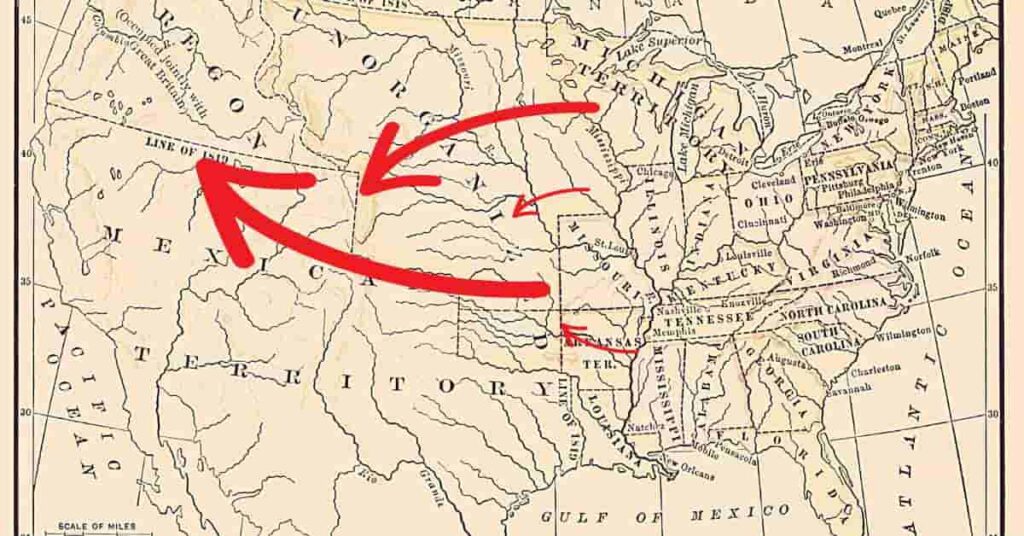
We fought the American Revolution with 13 colonies. After the war, the colonies converted into states. We adopted the Constitution and became the United States of America that you know today.
Now, the United States has 50 states with multiple territories. That’s another legacy of the American Revolution.
The Treaty of Paris signed in 1783 declared an official stop to the war. Great Britain surrendered control of the Northwest Territory to America.
The Northwest Territory doubled the landholdings of the U.S. and included the present-day states of:
- Ohio
- Indiana
- Illinois
- Michigan
- Wisconsin
- Minnesota
By 1800, 16 states joined the union by the time the 18th century ended.
Gold rushes of the mid-19th century pushed settlers further west into present-day California. Gold prospectors wanted the riches of the West.
As an interesting American fact, the San Francisco 49ers named their team after the 1849 gold rush.
America continued expansion into the 20th century when Congress admitted Alaska and Hawaii as the last states in 1959.
4. Guerilla Warfare as Normal
Being the underdog in a war against a giant requires you to change your tactics. Guerilla warfare became the answer for the revolutionaries.
Guerilla warfare is non-conventional warfare with hit-and-run, ambush, and surprise attacks.
These tactics are best represented in the movie Red Dawn (1984). Conventional Russian military forces attacked America without warning. Paratroopers landed everywhere and seized control of vast areas of land. A group called the Wolverines staged ambush attacks on the Russians to repel the enemy.
Watch the movie trailer to obtain a sense of what guerilla warfare is like.
To apply our example from above, the Continental Army learned guerilla warfare tactics from the Native Americans. These attacks devastated pioneers along the frontier.
Therefore, Revolutionaries adopted these tactics to outflank the British. The majority of these raids occurred in forested areas.
Francis Marion – known as the Swamp Fox- gained fame as one of the best revolutionary guerilla fighters. He led several successful raids against the British in South Carolina.
The movie The Patriot increased his fame among the modern generation.
Armies around the world continue to use guerilla tactics extending the American Revolution legacy.
5. Inspired the French Revolution
Any time you hear the word revolution. Change is imminent. That’s what both the American and French Revolutions accomplished.
Americans gained independence from an oppressive monarchy and harsh taxes. The French endured monarchies of extravagance. There is this infamous, yet controversial, line allegedly spoken by Marie Antoinette: “Let them eat cake!” Her poor peasants had no food or bread to eat. The queen wanted to give them scraps of bread to feed them. The ruling class continually insulted the poor people causing instability.
Also, the Americans and the French had a close relationship during the American Revolution. Founding Fathers of Benjamin Franklin and John Adams convinced the French to join America’s fight for freedom.
As a result, part of the American revolutionary spirit spread to France. The French saw that lasting change is possible.
New ideas of:
- Liberté– means liberty
- Égalité– means equality
- Fraternité– means fraternity (brotherhood)
The biggest legacy that spread became liberty. The French wanted liberty from the current aristocratic rule over them.
6. Legacy of the Founding Fathers
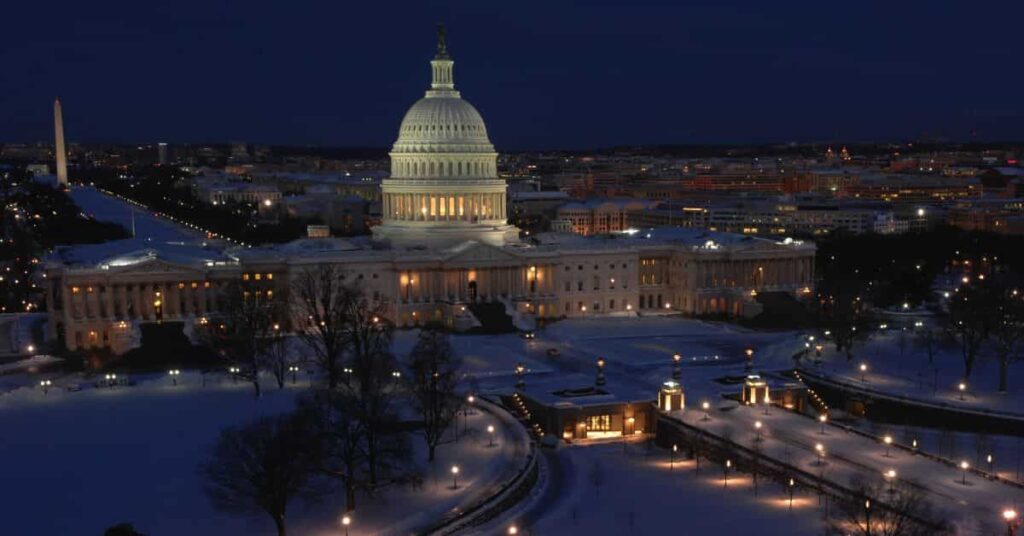
Without the influence of the great Patriots before us, the success of the American Revolution wouldn’t have happened.
The Founding Fathers set the following for America’s legacy:
- Tone
- Pace
- Longevity
Have you ever looked at what different bridges, towns, and states you visit?
If you’re going to visit Washington D.C., that’s part of the Founders’ American Revolutionary legacy.
For one, the city’s name. I hope I don’t have to point out the significance of that. It is obvious. Hint: George Washington…
As mentioned in the introduction, who doesn’t like the Fourth of July? There’s good food and fireworks.
We wouldn’t celebrate that holiday without the legacy and sacrifice from our forefathers and mothers.
What legacy will you leave?
If you have a desire to LEARN MORE about the Importance of the Founding Fathers, read my article.
